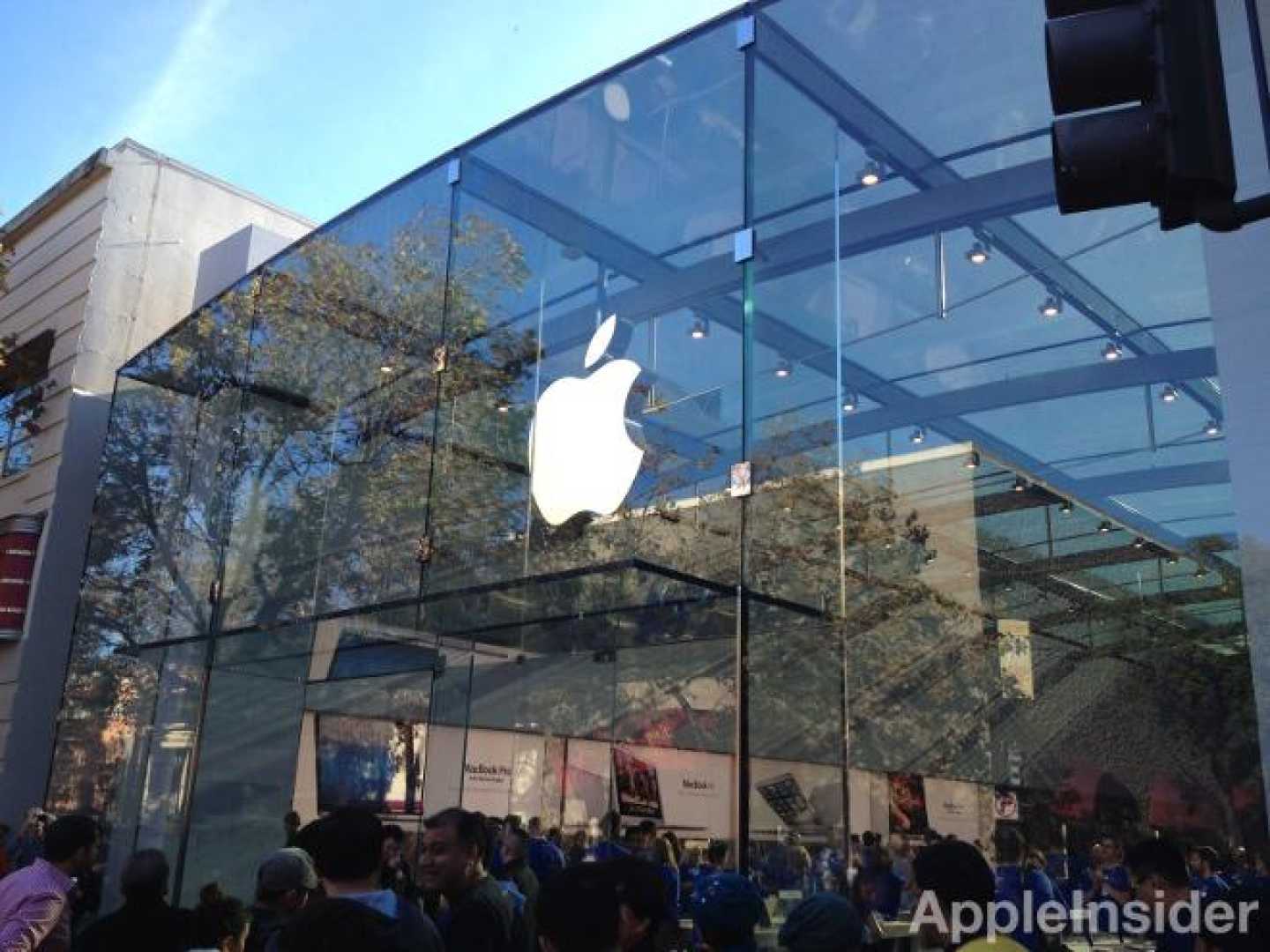Business
Trump Exempts Electronics from New Tariffs to Ease Tech Sector Concerns

PALO ALTO, Calif. — Electronics imported to the United States, including smartphones and computer monitors, will be exempt from the new reciprocal tariffs imposed by President Donald Trump, according to a notice from U.S. Customs and Border Protection released Friday.
The exemptions affect products entering the country or removed from warehouses starting as early as April 5, raising hopes among tech giants heavily reliant on Chinese manufacturing. Trump previously established a minimum tariff rate of 145% on certain Chinese imports, a move that threatened to significantly impact companies like Apple, which sources approximately 90% of its iPhone production from China, according to estimates from Wedbush Securities.
Speaking to reporters aboard Air Force One, Trump mentioned the possibility of exceptions to his sweeping tariffs, saying, “There could be a couple of exceptions for obvious reasons, but I would say 10% is a floor.”
The White House has not yet responded to CNN’s request for comments on the tariff exemptions. Economists have expressed concerns that the costs of tariffs could ultimately be passed down to consumers, sparking fears over price hikes on various goods, including electronics and automobiles.
The Trump administration asserts that these tariffs aim to revive U.S. manufacturing jobs and rectify long-standing declines, although factors like outsourcing and costs complicate domestic production. Semiconductors and microchips, heavily produced in Asia due to lower costs, also fall under the new exemption, which could benefit major chipmakers like Taiwan Semiconductor Manufacturing Company (TSMC) and South Korea’s Samsung and SK Hynix.
This exemption marks a significant shift as companies like Apple grapple with supply chain challenges. Counterpoint Research estimates that Apple has approximately six weeks of inventory in the United States before stockpiles run out.
“This is the dream scenario for tech investors,” said Dan Ives, global head of technology research at Wedbush Securities. “Smartphones and chips being excluded is a game changer scenario when it comes to China tariffs.”
In recent weeks, alongside fellow smartphone manufacturers, Apple has sought to diversify its supply chain, exploring alternatives in countries like India and Vietnam.
Meanwhile, President Trump had previously planned to implement a host of steep tariffs against various nations, but on Wednesday announced a 90-day pause for countries not retaliating against the U.S. tariffs, while maintaining the heightened levies on China due to its counteractions.
The quick policy reversal was seen as a tactical move aimed at renegotiating trade terms. Trump claims the import taxes will address perceived unfairness in the trade system while creating domestic jobs.
As the tariff rhetoric escalated, Apple’s market value saw a substantial decrease—more than $640 billion—over mounting fears of inflated device prices, estimated to reach as high as $3,500 for an iPhone under the proposed tariff framework.
Following the tariff announcement, the S&P 500 faced a more than 5% decline, with the benchmark 10-year Treasury yield experiencing its largest rise on record, signaling investor anxiety over the administration’s trade policies.
The newly outlined exemptions are effective for items shipped after April 5, 2025, allowing better financial planning for U.S. shippers, who must manage costs associated with tariffs upon customs processing.












